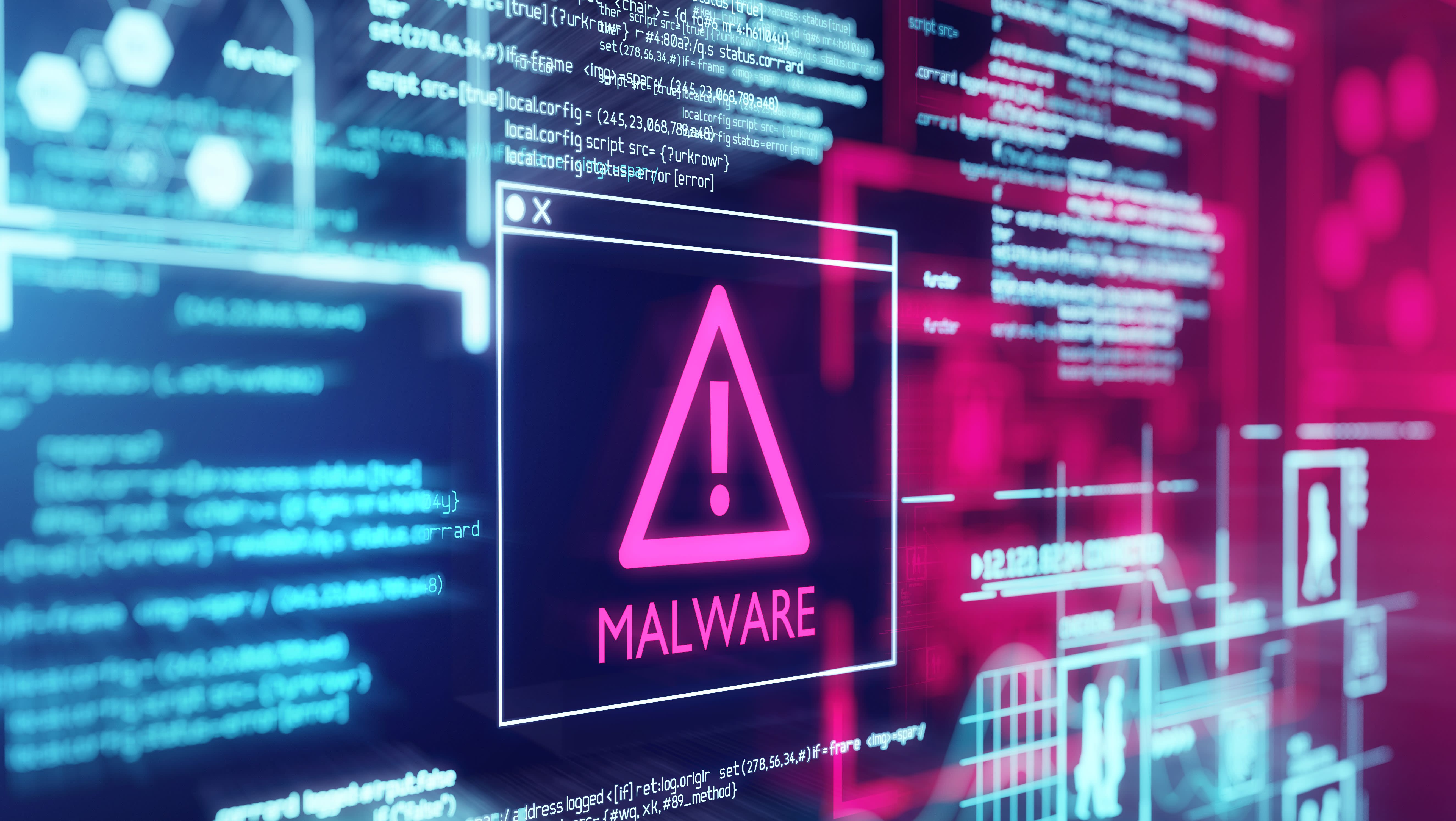Stolen Nvidia code signing certificates used to sign off malware
Two certificates were found in the data dumped by the Lapsus$ threat actor

A number of potentially dangerous malware strains have successfully snuck past antivirus software, thanks to highjacking signing certificates stolen from Nvidia.
The Lapsus$ cybercrime gang recently announced it had stolen a terabyte of data from the chip giant, and after failing to come to an agreement with the company on a ransom payment, decided to push the stolen intel live.
As researchers started to scour through the treasure trove of sensitive information, they discovered two code-signing certificates that Nvidia developers use to sign their drivers and executables. These security measures help Windows endpoints verify who built any specific app or program, as well as verifying nothing has been tampered with.
We're looking at how our readers use VPNs with different devices so we can improve our content and offer better advice. This survey shouldn't take more than 60 seconds of your time. Thank you for taking part.
Malware passing off as legit software
Cross-referencing the stolen certificates with their database, the researchers were quick to find them being used to sign malware and other malicious tools.
As reported on the VirusTotal malware scanning service, the certificates were used to sign Cobalt Strike beacons, Mimikatz, as well as various backdoors, remote access trojans, and other malware.
According to security researchers Kevin Beaumont and Will Dormann, the stolen certificates can be found under these serial numbers:
43BB437D609866286DD839E1D00309F5
Are you a pro? Subscribe to our newsletter
Sign up to the TechRadar Pro newsletter to get all the top news, opinion, features and guidance your business needs to succeed!
14781bc862e8dc503a559346f5dcc518
Both certificates have reportedly already expired, but that won’t stop Windows allowing a driver signed with these, to be loaded in the OS.
There are ways to configure Windows Defender Application Control policies to eliminate compromised Nvidia drivers, but as BleepingComputer says, it’s “not an easy task, especially for non-IT Windows users”, who need to wait for the certificates to be added to Microsoft’s certificate revocation list.
Lapsus$ is making a name for itself, rather quickly. Having targeted Impresa, Portugal’s biggest media conglomerate, late last year, taking down multiple websites, TV channels, AWS infrastructure, and Twitter accounts, it also struck the websites of Brazil’s Ministry of Health (MoH), suspending Covid-19 vaccination efforts across the country. It claimed to have stolen 50TB worth of data, before deleting them from the MoH’s servers.
In the Nvidia attack, the group claims to have taken login information, and other sensitive data on tens of thousands of Nvidia employees. It also says the data helped it build a tool to eliminate the hash rate limiter for the RTX 3000 GPU, which can be used to mine Ether with just 50% of capacity.
It also released 190GB of sensitive data stolen from Samsung which, if proven authentic, could be one of the more damaging data leaks to occur this year.
- Check out our list of the best firewalls right now
Via: BleepingComputer
Sead is a seasoned freelance journalist based in Sarajevo, Bosnia and Herzegovina. He writes about IT (cloud, IoT, 5G, VPN) and cybersecurity (ransomware, data breaches, laws and regulations). In his career, spanning more than a decade, he’s written for numerous media outlets, including Al Jazeera Balkans. He’s also held several modules on content writing for Represent Communications.